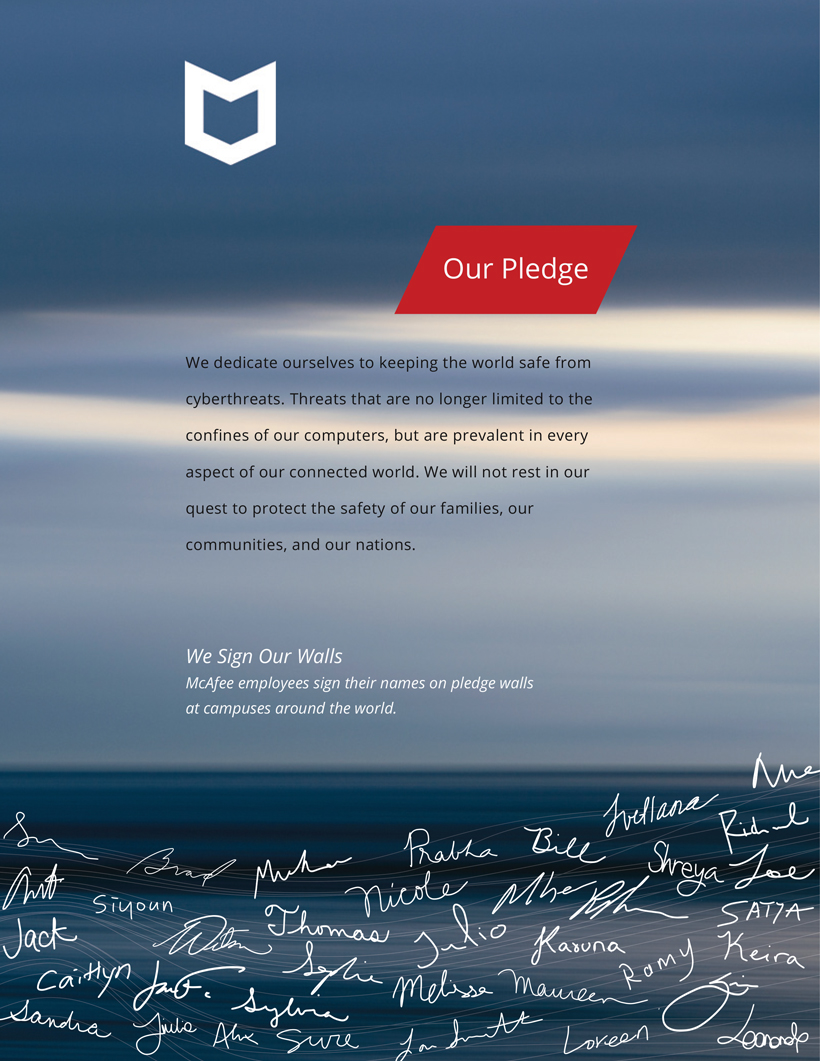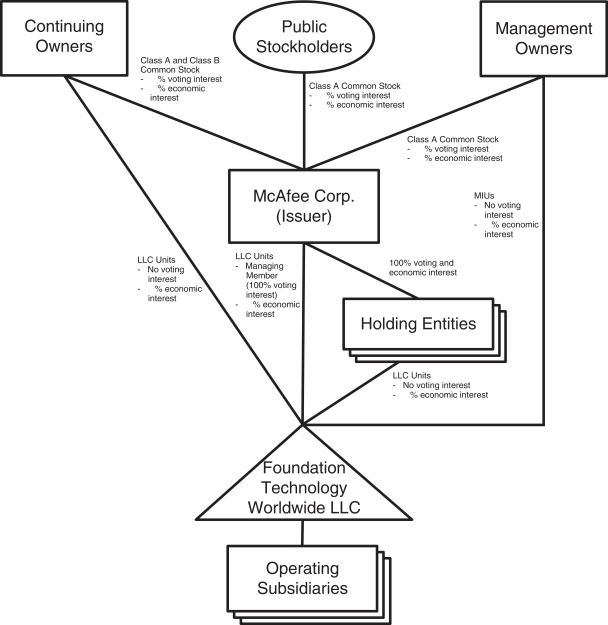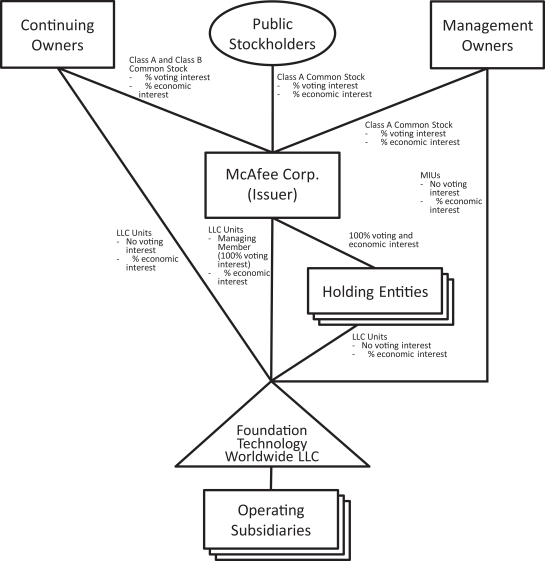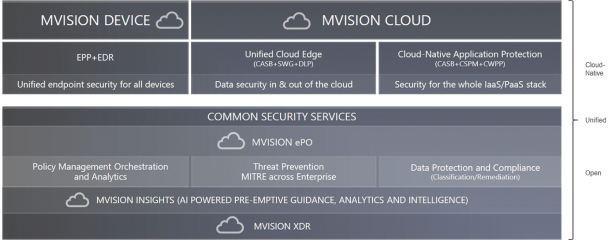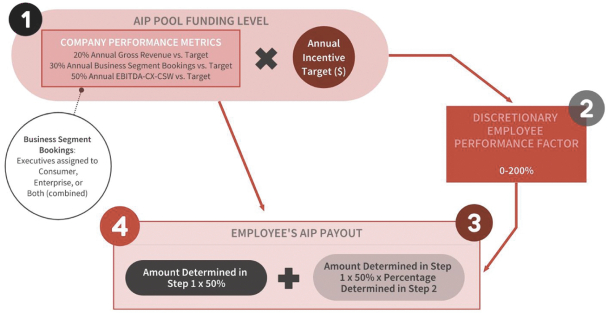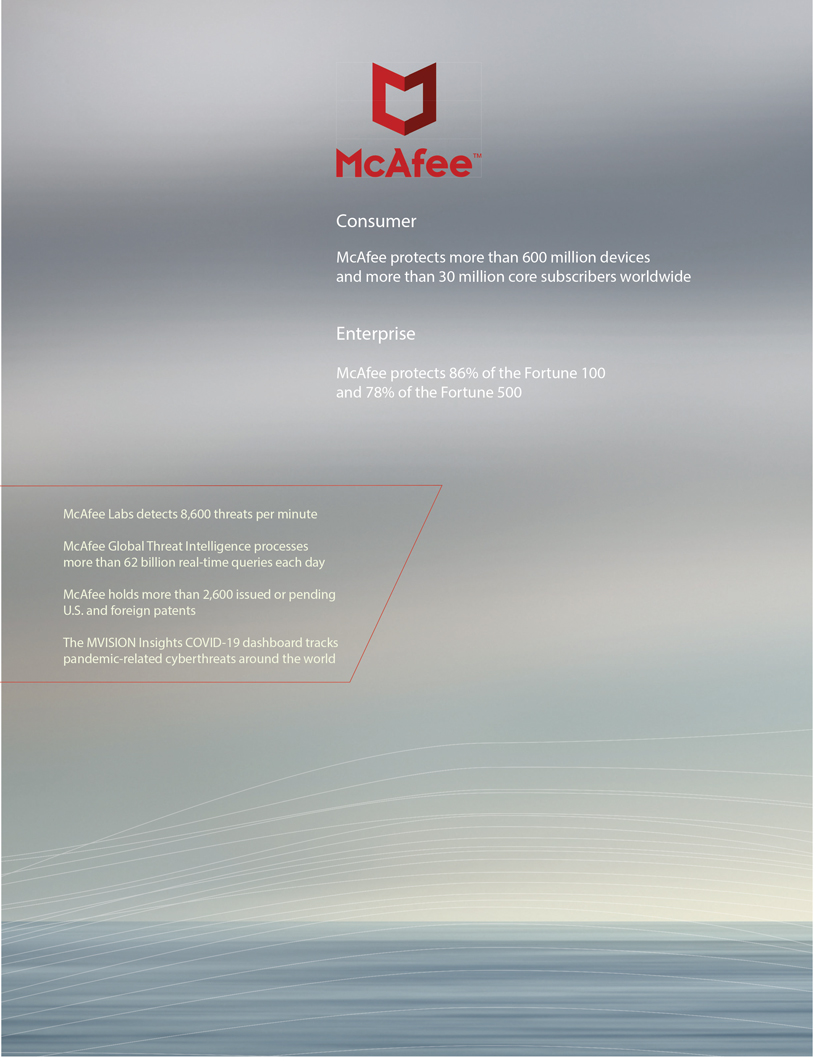products or services, or require that we comply with other unfavorable terms. In addition, we might be required to seek a license for the use of such intellectual property, which may not be available on commercially reasonable terms or at all. We may also decide to settle such matters on terms that are unfavorable to us.
If we fail to comply with environmental requirements, our business, financial condition, results of operations, cash flows, and reputation could be adversely affected.
Our operations and the sale of our solutions are subject to various federal, state, local, and foreign environmental and safety regulations, including laws adopted by the E.U., such as the Waste Electrical and Electronic Equipment Directive (“WEEE Directive”), and the Restriction of the Use of Certain Hazardous Substances in Electrical and Electronic Equipment Directive (“E.U. RoHS Directive”), of certain metals from global hot spots. The WEEE Directive requires electronic goods producers to be responsible for marking, collection, recycling, and treatment of such products. Changes in the WEEE Directive of the interpretation thereof may cause us to incur additional costs or meet additional regulatory requirements, which could be material. Similar laws and regulations have been passed or are pending in China, South Korea, Norway, and Japan and may be enacted in other regions, including in the United States, and we are, or may in the future be, subject to these laws and regulations.
The E.U. RoHS Directive and similar laws of other jurisdictions limit the content of certain hazardous materials such as lead, mercury, and cadmium in the manufacture of electrical equipment, including our products. Currently, our products comply with the E.U. RoHS Directive requirements. However, if there are changes to this or other laws, or to their interpretation, or if new similar laws are passed in other jurisdictions, we may be required to reengineer our products or to use different components to comply with these regulations. This reengineering or component substitution could result in substantial costs to us or disrupt our operations or logistics.
We are also subject to environmental laws and regulations governing the management of hazardous materials, which we use in small quantities in our engineering labs. Our failure to comply with past, present, and future environmental and safety laws could result in increased costs, reduced sales of our products, substantial product inventory write-offs, reputational damage, penalties, third-party property damage, remediation costs, and other sanctions, any of which could harm our business, financial condition, results of operations, and cash flows. To date, our expenditures for environmental compliance have not had a material impact on our results of operations or cash flows, and although we cannot predict the future impact of such laws or regulations, they will likely result in additional costs and may increase penalties associated with violations or require us to change the content of our products or how they are manufactured, which could have a material adverse effect on our business, financial condition, results of operations, and cash flows. We also expect that our business will be affected by new environmental laws and regulations on an ongoing basis, which may be more stringent, imposing greater compliance costs and increasing risks and penalties associated with violations which could harm our business.
Our business, financial condition, results of operations, or cash flows could be significantly hindered by the occurrence of a natural disaster, terrorist attack, pandemic, or other catastrophic event.
Our business operations are susceptible to outages due to fire, floods, unusual weather conditions, power loss, telecommunications failures, terrorist attacks, pandemics, such as the COVID-19 pandemic, and other events beyond our control, and our sales opportunities may also be affected by such events. Natural disasters including tornados, hurricanes, floods and earthquakes may damage the facilities of our customers or those of their suppliers or retailers or their other operations, which could lead to reduced revenue for our customers and thus reduced sales. In addition, a substantial portion of our facilities, including our headquarters, are located in Northern California, an area susceptible to earthquakes. We do not carry earthquake insurance for earthquake-related losses. Despite our implementation of network security measures, our servers are vulnerable to computer viruses, break-ins, and similar disruptions from unauthorized tampering with our computer systems. We may not
60

